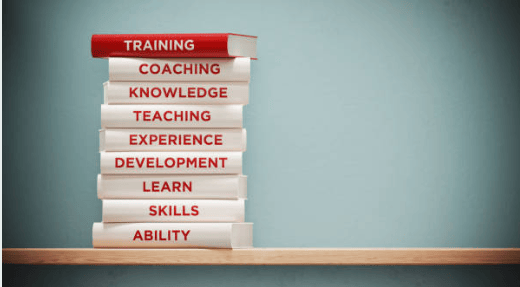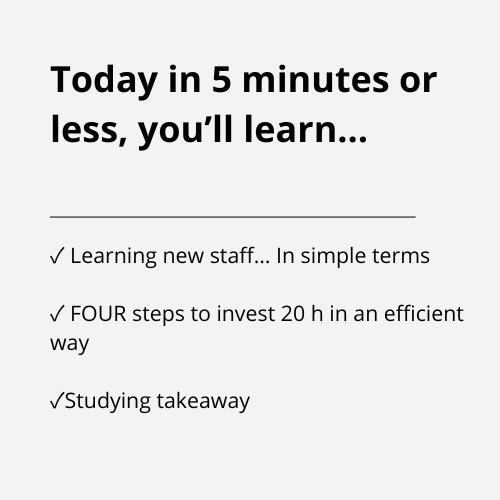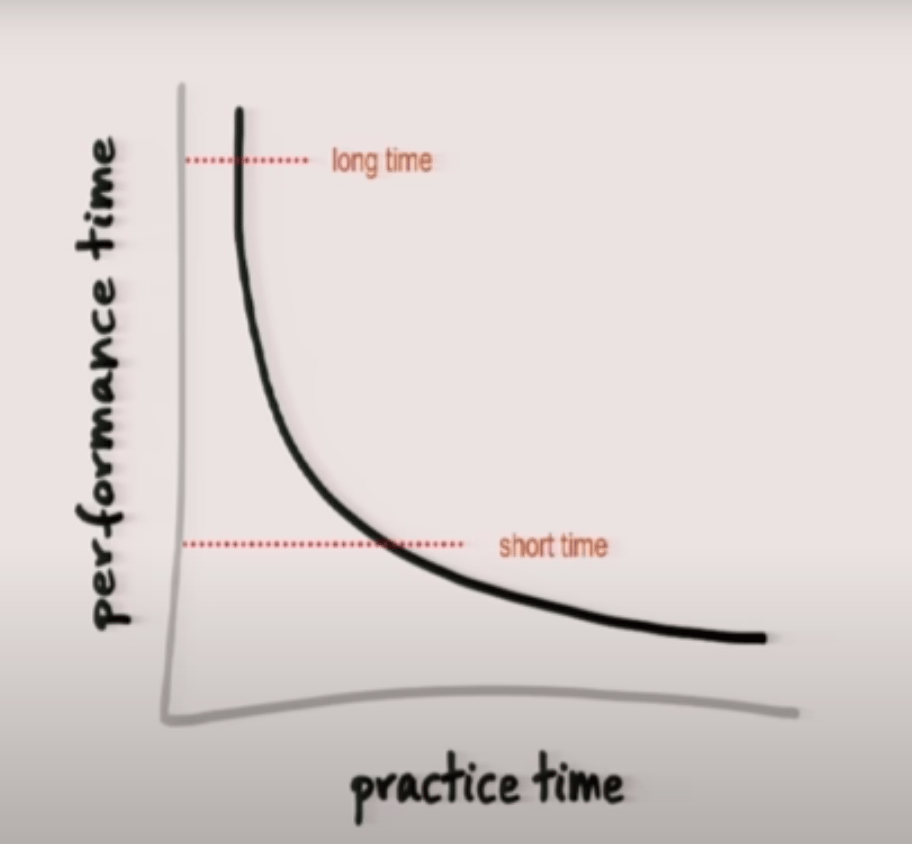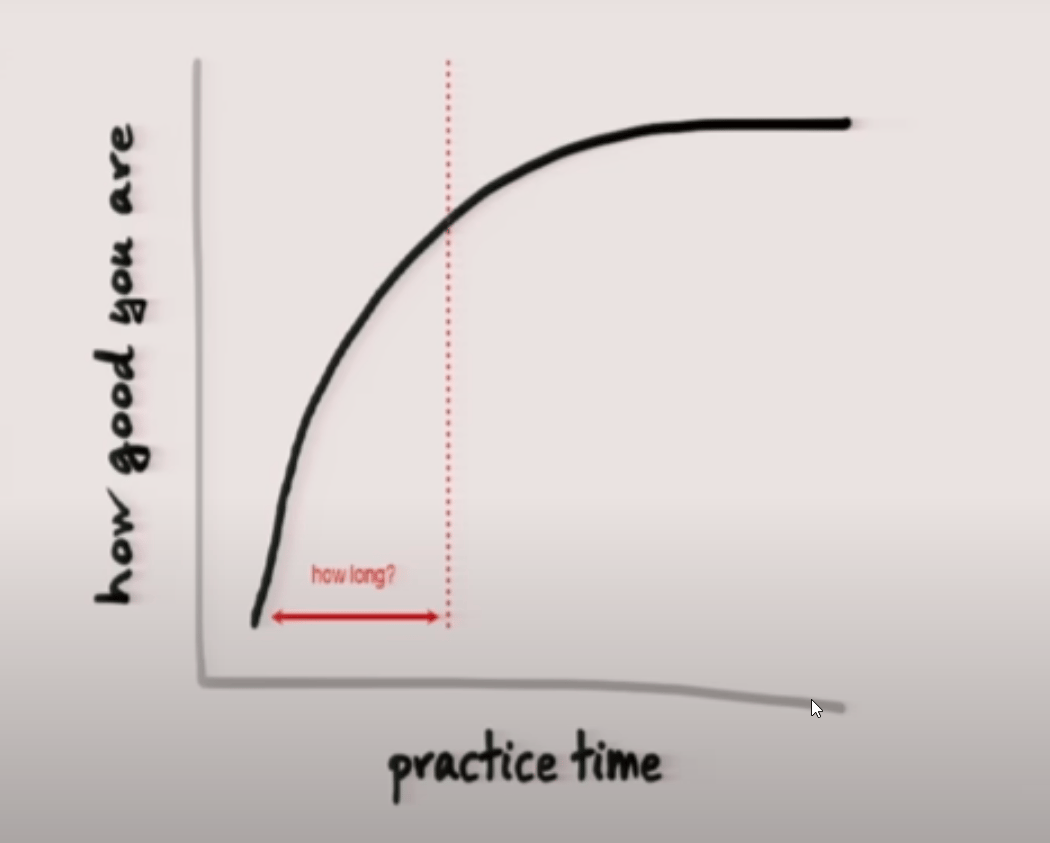- Verve Newsletter
- Posts
- The first 20 hours- how to learn anything
The first 20 hours- how to learn anything
How long does it take to acquire a new skill? And how to learn quickly ?
Hello Enthusiastic of Knowledge!
How long does it take to acquire a new skill? And how to learn quickly ?

Searching online, various research and studies converged on an answer to this question: acquiring a new skill requires 10,000 hours.
Depressing, as 10,000 hours equal a full-time job for 5 years!
However, upon delving deeper, fortunately, we discover that all these studies originally focused on determining the time needed to achieve expert-level performance in a highly competitive field.
Fortunately, to become reasonably good at something, we need much less time.
In particular, a Ted Talk presents a rather fascinating theory: to learn any skill, you only need... 20 hours!
Let's see how in 4 steps.

Learning new staff… In simple terms
How do people learn?
Researches and studies agree on a clear chart.
The chart looks something like this👇

Simple conclusion: people become good at things with a little bit of practice.
Another interesting graph is the following one: which shows how your skill improves over time.

Simple conclusion again: the more you practice, the better you become at what you do.
At the beginning, implementation is easier; we go from knowing nothing to understanding the basics of what we want to learn, and progress is evident.
Later on, we reach a plateau where improvement becomes more challenging, but at that point, I would say we can still consider ourselves quite skilled.
Nothing new, but do we really put these notions into practice when we start learning?
And how much time does it take to become reasonably good at any skill?
Only 20 hours. YESS
Well invested
That's equivalent to 45 minutes a day for a month!!! Everyone have this amount of time
So, Let's see how to effectively invest this 20 hours
FOUR steps to invest 20 h in an efficient way
To become reasonably good at any skill, you can invest 20 hours in this way:
1- Break down the skill: The first step is to break down the skill and decide exactly which parts are most relevant to you. Often, skills are actually composed of various components, and there may be parts that interest you more. By focusing on the most important parts for you, you will soon become more skilled and efficient.
2- Learn enough to self-correct: Instead of buying books and using them as a means to procrastinate practice, focus on learning just enough to start practising. Then, begin practising to self-correct as you go.
3- Remove practice barriers: Eliminate distractions like television and anything else that prevents you from sitting down and truly practising.
4- Practice for at least 20 hours or more.
So now, what skill would you like to learn?
Reply and let me know.
Frustration phase, commit to 20 hours
One of the challenges in studying and practicing is that of frustration.
We often avoid putting in serious effort because we dislike feeling inadequate. We don't like feeling stupid, and this prevents us from applying ourselves seriously and practicing. However, commit to practicing effectively for at least 20 hours to overcome this phase of frustration and make significant progress.
Commit to 20 hours, focusing on practice!
Studying takeaway
It's easy to get lost in acquiring information that we never put into practice, when in fact we learn much faster through practice.
In school studies, it may seem that the information we study is too abstract to be "practiced", but in reality we can apply this principle, and make them more practical, to improve our learning.
I'd like to know more if you've ever tried something like this.
So, before we wrap up, let me ask you something...
Have you ever thought about how to make the information you study every day MORE"PRACTICAL"? What are your strategies?
Reply and let me know so I can assist you in the best possible way!
I look forward to sharing tips, strategies, and experiences with you!
Let me know if you want to learn more about making the information you need to study for school more practical.
Talk to you soon,
Isa